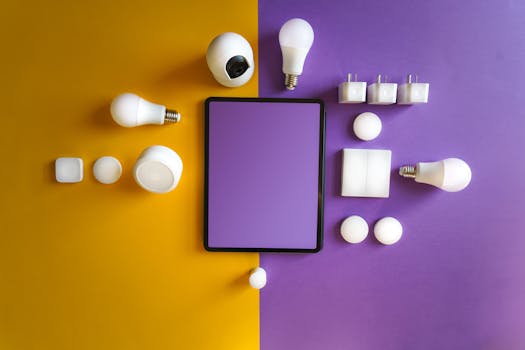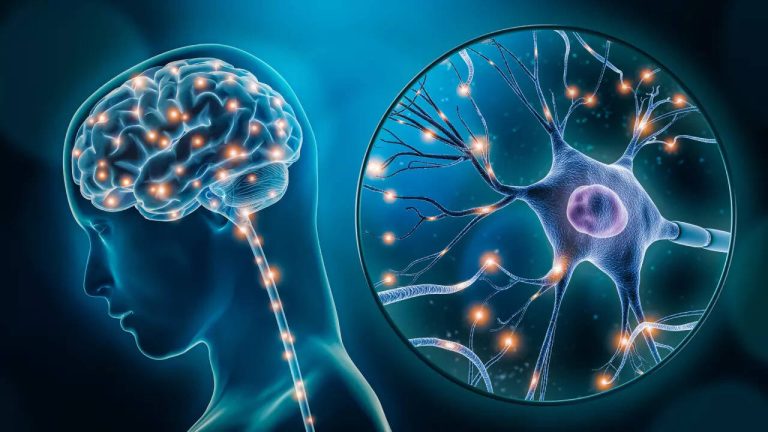
Home Automation in 2025: The Smart Home Ecosystem
Home Automation in 2025 is revolutionizing the way we live, work, and interact with our living spaces. The smart home ecosystem is becoming increasingly sophisticated, with the integration of IoT devices, artificial intelligence, and machine learning. As we move forward in this decade, it’s essential to understand the current state of home automation and what the future holds.
Current State of Home Automation
The current state of home automation is characterized by the widespread adoption of smart devices, voice assistants, and home security systems. Many homeowners are already using smart thermostats, lights, and security cameras to control and monitor their homes remotely. However, the true potential of home automation lies in the integration of these devices to create a seamless and efficient living experience.
Future of Home Automation
In 2025, home automation will become even more sophisticated, with the integration of emerging technologies like artificial intelligence, machine learning, and the Internet of Things (IoT). Homes will become increasingly autonomous, with devices learning and adapting to our habits and preferences. For example, a smart thermostat will not only adjust the temperature but also learn our schedules and preferences to optimize energy consumption.
Key Trends in Home Automation
Some key trends in home automation include:
- Voice Control: Voice assistants like Alexa, Google Assistant, and Siri will continue to play a major role in controlling smart devices.
- Artificial Intelligence: AI will be integrated into smart devices to enable predictive maintenance, energy optimization, and personalized experiences.
- IoT Devices: The number of IoT devices will continue to grow, with more devices becoming connected and interoperable.
- Home Security: Home security systems will become more advanced, with features like biometric authentication, motion detection, and alerts.
Benefits of Home Automation
The benefits of home automation are numerous, including:
- Convenience: Home automation makes it easy to control and monitor devices remotely, saving time and effort.
- Energy Efficiency: Smart devices can optimize energy consumption, reducing waste and saving money.
- Increased Safety: Home automation can enhance home security, with features like motion detection and alerts.
- Improved Quality of Life: Home automation can improve the overall quality of life, with personalized experiences and convenience.
Conclusion
In conclusion, home automation in 2025 is poised to revolutionize the way we live and interact with our living spaces. With the integration of IoT devices, artificial intelligence, and machine learning, homes will become increasingly sophisticated and autonomous. As we move forward in this decade, it’s essential to stay informed about the latest trends and developments in home automation to create a seamless and efficient living experience.



